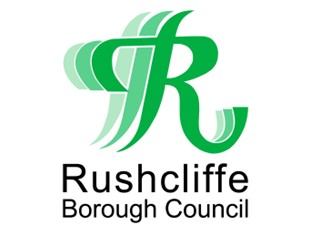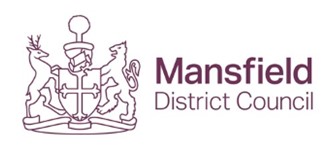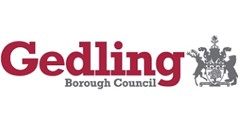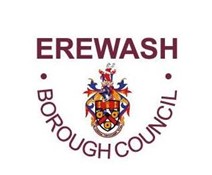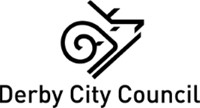Derby and Nottingham City Councils have submitted a joint outline business case to Government for up to £188million, to better connect the D2N2 LEP area’s two main cities.
The joint bid to the Government Department for Transport’s (DfT) ‘Transforming Cities Fund’ looks at funding public transport improvements, reducing congestion and creating greater links between Derby and Nottingham. The DfT’s Fund was launched in 2018, with 12 city-regions invited to bid for funding from a total ‘pot’ worth £1.28billion.
Proposed projects under the Derby-Nottingham outline bid include:
- Improving bus priority by using advanced technologies for urban and inter-urban bus services operating along key growth corridors between Derby, Nottingham and the East Midlands Airport employment zone. This includes upgrading and extending the network of tram and bus-based Park & Ride sites across the area.
- Major public realm, walking and cycling investments, focused on ongoing and allocated housing and employment developments close to Derby and Nottingham’s main rail and bus stations; improving links from them to the city centre and the new developments.
- Key strategic cycling improvements identified through the D2N2 area Local Cycling and Walking Infrastructure Plan. Priority schemes include lighting and widening the traffic-free Derby Riverside Path and Canal Path routes, and extending Nottingham’s cycle routes though the Boots Enterprise Zone and Beeston to the urban area’s edge. (Pictured above – A new link bridge for pedestrians and cyclists, part-funded by the D2N2 LEP, opened in March 2019 at the Boots EZ site).
A final business case for the new Nottingham-Derby bid will be submitted to Government by the City Councils in November (2019).
This new bid to Government follows on from an earlier successful joint bid, of over £8million funding, from Phase One of the ‘Transforming Cities Fund’; which aims to encourage growth through investment in sustainable transport, and which included funding for:
- new bus priorities at five key junctions along the A52;
- smart cameras to collect key routes data, improving journey reliability;
- new cycling route from Derby toward Nottingham along the former Spondon Canal;
- funding for bike hire schemes in Derby and Nottingham.
Councillor Matthew Holmes, Derby City Council Deputy Leader and Cabinet Member for Regeneration, Planning and Transportation said: “As a Council, we are committed to improving infrastructure to enable our businesses to grow and people to have better access to jobs and learning. We also want to work collaboratively with our neighbours and businesses across the region to address the continuing imbalance in Government funding between the East Midlands and the South East.”
He added: “If we are successful later in the year, this funding will help us make a difference in air quality, cutting carbon emissions and making all sustainable transport in the city more accessible and more attractive to people. We very much look forward to continuing to work closely with Nottingham City Council, transport providers and partners to improve connectivity around the region.”
Sajeeda Rose, Chief Executive of the D2N2 Local Enterprise Partnership, added: “There is a long history of collaboration between the two main cities in the D2N2 LEP area.
“An enhanced transport infrastructure, connecting up the different parts of the D2N2 LEP area’s economy, is key to unlocking the economic potential and productivity of our whole region. We endorse the collaborative approach shown in the development of this bid and wish it every success.”
Further information on the DfT’s Transforming Cities Fund at www.gov.uk/government/news/pm-announces-ten-cities-shortlisted-for-major-transport-funding-across-england
Media wanting more information about the D2N2 LEP can contact Sean Kirby, D2N2 Communications Manager, on 0115 9578749 or email: sean.kirby@d2n2lep.org












